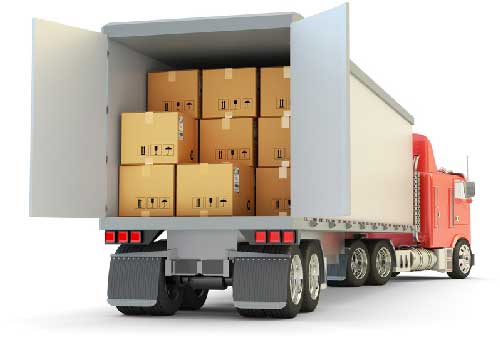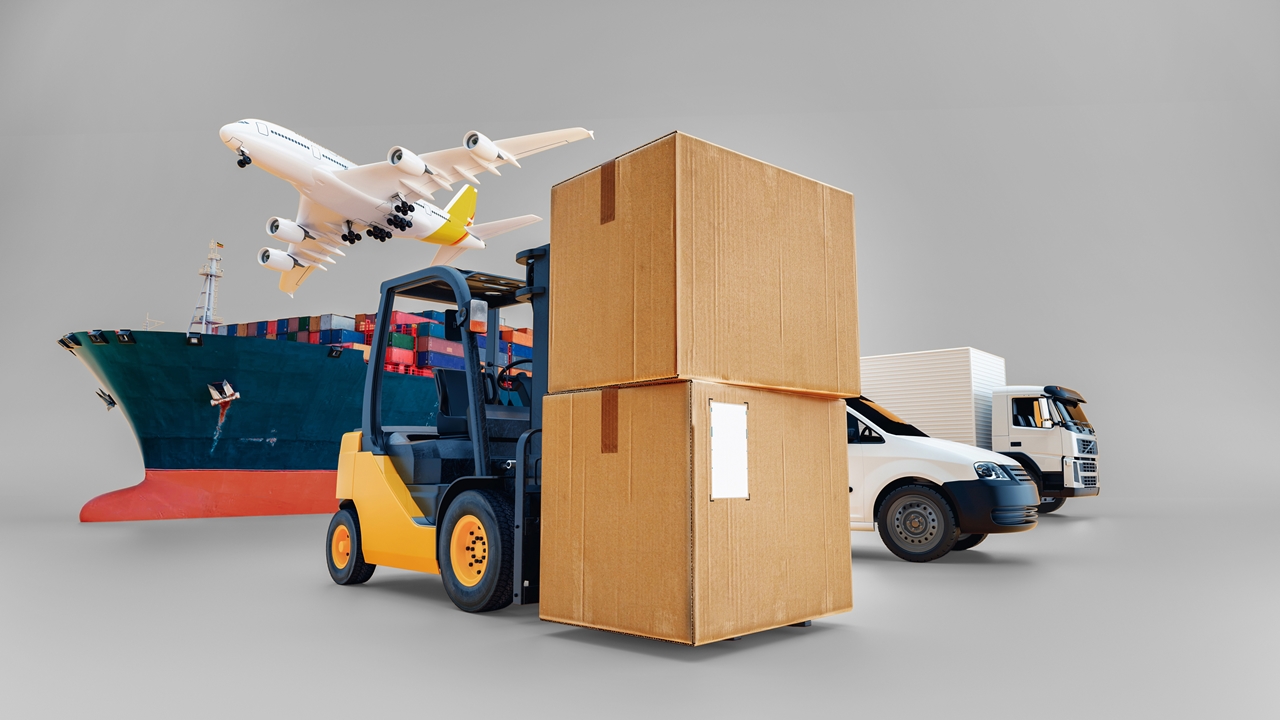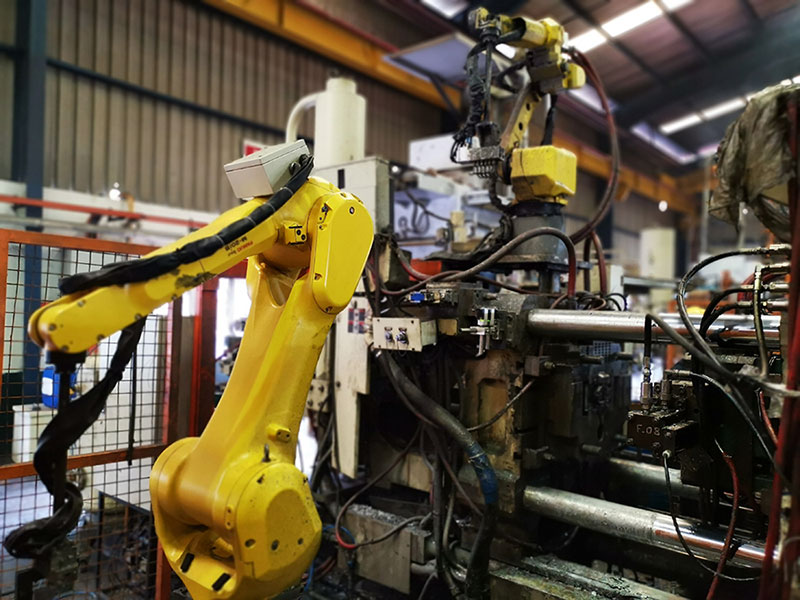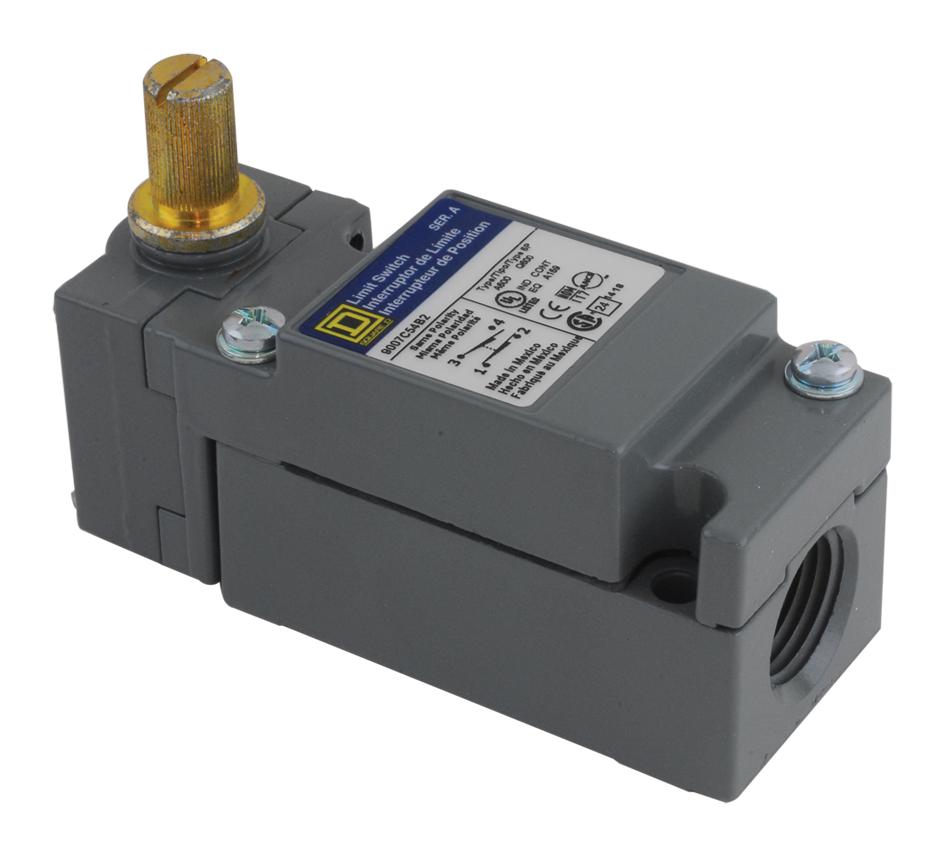Indonesia is an extensive archipelago with more than 17,000 islands is a nation where cargo operations play an integral function in connecting the diverse areas. Because of its diverse and vast geography, the transportation of items across Indonesia needs a high-efficiency and secure logistical system. Cargo transport is the vital link that connects urban areas as well as remote islands and international markets. They ensure that companies thrive and vital items are delivered to every part of the country. From agriculture products to industrial equipment The cargo industry in Indonesia plays a key role to boost economic development and supporting the livelihoods of millions.
The difficulty of cargo operations that take place in Indonesia is made more difficult by its distinctive geographical. With more than 5,000km from west to east, the islands of Indonesia are surrounded from each other by oceans, rivers and mountains, presenting logistics challenges that demand creative solutions. Sea freight is the dominant means of transport port facilities like Tanjung Priok in Jakarta and Tanjung Perak in Surabaya serving as major hubs for shipping international and domestic goods. In addition to maritime routes, air freight has become more popular in recent years, offering faster delivery options for time-sensitive goods. Multi-modality ensures products are delivered efficiently throughout the archipelago, despite its geographical limitations.
The industry of cargo transport in Indonesia is undergoing rapid modernization to meet the demands of a growing economy. Technology advancements, like real-time tracking systems and automated logistics management, have revolutionized the method of transporting goods. Digital platforms are being used by companies to offer complete transparency and streamline operations, allowing companies and their customers to follow the progress of their shipment easily. Additionally, the rise of e-commerce has increased the demand for speedier and more adaptable delivery solutions, which has led logistics providers to expand their network and improve final-mile delivery services. This digital transformation has made cargo expeditions more effective, transparent, and customer-focused.

Additionally, government initiatives have a major role to play in shaping the cargo expedition landscape in Indonesia. Programs like”Sea Toll Road,” for instance “Sea Toll Road” aim to reduce logistics costs and enhance connectivity between large islands and regions that are remote. By enhancing port infrastructure as well as subsidizing shipping routes the government is trying to reduce the disparities that exist in regional development as well as promote economic integration. This is particularly helpful to smaller islands as well as rural regions, in which access to services and goods can be restricted. Through bridging the gaps between these areas cargo trips aid in reducing the gap between people and increasing the growth of inclusiveness throughout the nation. For more information please visit here Muat
The environment is increasingly crucial for Indonesia’s cargo-expedition sector. The industry is growing, so does its impact on the planet, especially by the emissions of ships, airplanes and trucks. The companies are now beginning to implement eco-friendly logistics strategies, such as optimizing delivery routes, utilizing eco-friendly vehicles and experimenting with the use of alternative fuels. In addition, efforts to cut down on the amount of packaging used and encourage sustainable supply chains are beginning to gain momentum. They do not only match with global environmental goals but also enhance the reputation of Indonesia’s logistics sector when it competes on the global market.
To conclude, cargo operations constitute the core of the Indonesian economy, helping transportation of goods throughout its vast and diverse archipelago. In spite of the geographical obstacles and challenges, the sector remains innovating and evolving, driven by advancements in technology, the support of government, and a growing focus on sustainability. As Indonesia’s economy grows and further integrates to the international market and the importance of cargo operations will grow more significant. Through continued investments in infrastructure along with modernization and environmentally friendly methods, the industry is poised to meet requirements in the near future. This will ensure that Indonesia is competitive and well connected on both a domestic and international scale.



